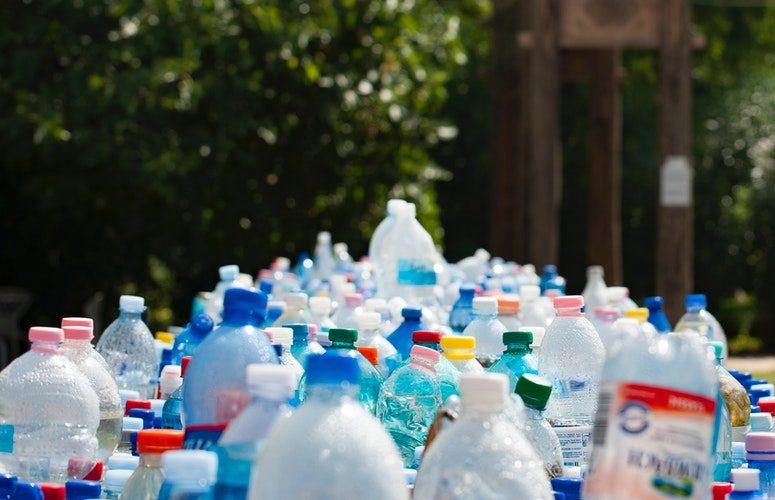
The Future of Recycling in New Jersey
On Sep 14, 2020Disclaimer: Sponsored content articles do not reflect the opinions of New Jersey Business magazine or the New Jersey Business & Industry Association.
In the midst of the worst public health emergency in a century, Senator Bob Smith introduced the most potentially significant piece of recycling legislation since the Mandatory Source Separation and Recycling Act in 1987! Introduced on June 4, S2515 would establish recycled content requirements for plastic containers, glass containers, paper carryout bags, reusable carryout bags made of plastic film, and plastic trash bags sold or offered for sale in the State, and prohibit the sale of polystyrene packaging peanuts. Recycled content legislation is exactly what is needed to address international market disruptions for commodities, primarily brought about by actions taken by China and other Southeast Asian countries. Recycled content legislation also provides what is needed to “close the loop” to make recycling a key element of a sustainable future.
Recyclers have long dreamed of “content legislation” imposed on manufacturers to require realistic percentages of post-consumer material to be included in new products and packaging to stimulate markets. If passed, S2515 would represent the most progressive and comprehensive recycled content legislation in the country. As proposed, S2515 would require, most significantly, a three tiered content standard for plastic beverage containers with 10% between 2022 – 2025, 25% between 2026 and 2030 and 50% after 2031.
Now is the time for recycled content legislation to be debated and enacted. Collectively, we will work through the daunting challenges created by COVID-19. However, another looming societal challenge of immense proportions awaits as we address climate change. It is abundantly clear that our most effective directional attack on climate is sustainable living and building robust circular economies. S2515 takes a giant step in closing the loop of the three “chasing arrows” of recycling by providing a framework for market development in plastics, glass and paper recycling. Passage would help ensure that we have sustainable curbside recycling programs that remain vibrant for generations to come.
To find out more click on the following link, www.bayshorerecycling.com
Disclaimer: Sponsored content articles do not reflect the opinions of New Jersey Business magazine or the New Jersey Business & Industry Association.
Related Articles:





